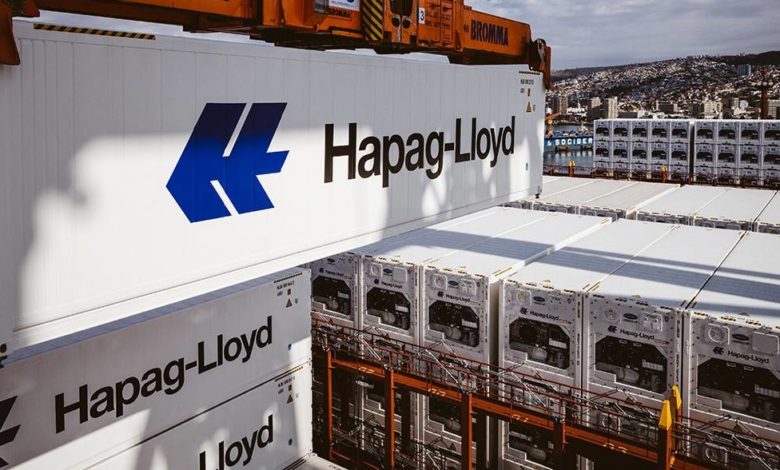Chinese reefer delays escalate as fears grow of Covid relapses from frozen food imports

Fearing Covid strains could enter the country on frozen food imports, China is upping its checks on reefer shipments, leading to considerable delays at a number of ports.
Chinese health officials said Wednesday that two cold-chain storage workers in the port city of Tianjin were infected with Covid-19. Earlier Covid relapses in the summer in cities including Beijing and Dalian were cited as coming from frozen food, with salmon often mentioned.
Hapag-Lloyd informed its customers in a notice yesterday that due to instructions issued by local authorities, all reefer shipments to Tianjin are required to complete an inspection and test for Covid-19 before release, resulting in reefer plugs in the terminal facing severe shortages and vessel berthing schedules being postponed.
The company has subsequently diverted reefer cargoes to alternative ports such as Qingdao, Dalian, and other Chinese ports as well as keeping some cargo at Busan in neighbouring South Korea.
“We anticipate that this situation, which is beyond Hapag Lloyd’s control, will continue for the upcoming weeks,” Hapag-Lloyd said.
An official from Tianjin Port has confirmed that the port has tightened inspections on imported frozen products according to the instruction from epidemic control authorities.
Tianjin Port is a major cold-chain hub and the largest frozen product import port in China. The port is currently constructing new cold-chain infrastructure which is expected to be completed by the fourth quarter of 2021.
Two cities in southern Fujian province said Wednesday they found traces of the virus in shipments of pomfret from India and beef from Argentina.
In the Yangtze River port city of Wuhan, authorities said last week they had detected the virus on frozen beef from Brazil.
Splash understands Shanghai Port has just started implementing a similar measure to Tianjin’s, inspecting import reefer products this week and shippers are expecting delays at the port in the coming days.
“The custom clearance time for frozen products has increased substantially with several extra clearance procedures and the situation is expected to continue for quite a while,” a Shanghai-based meat importer told Splash.
When contacted by Splash, an official at SIPG said the port has been making efforts to enhance its reefer container handling capacity since the outbreak of Covid-19 and the port has added a few thousand extra reefer plugs since February.
Authorities in New Zealand also suspected frozen imported food for a sudden outbreak of the virus five weeks ago.
The World Health Organization continues to maintain on its website “there is currently no evidence that people can catch COVID-19 from food or food packaging”.
